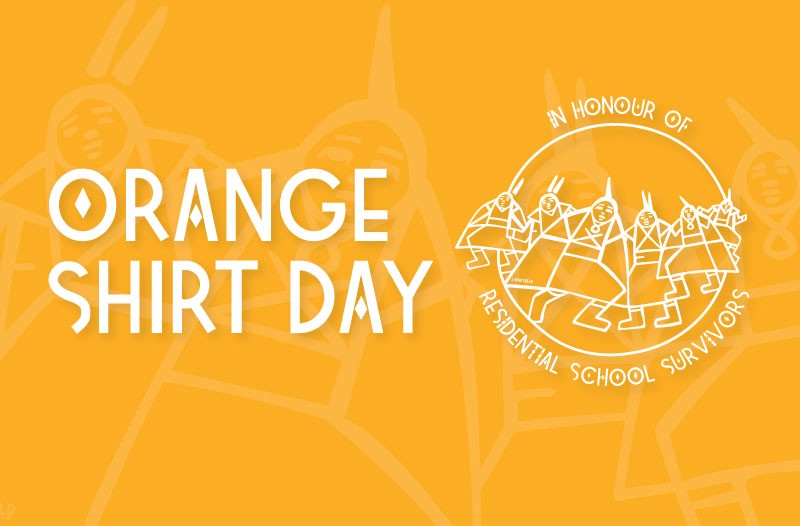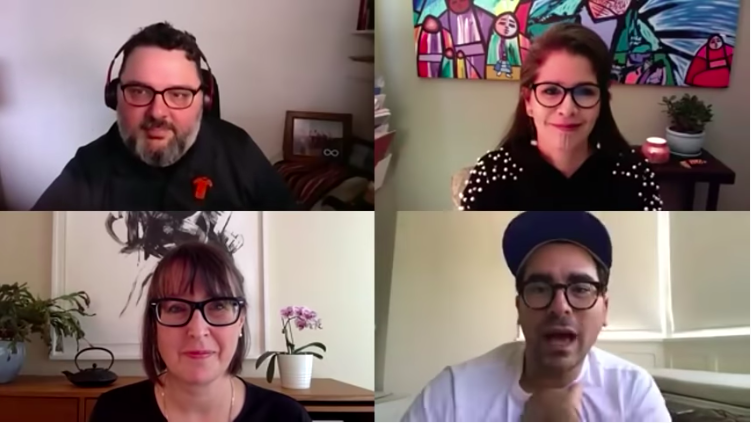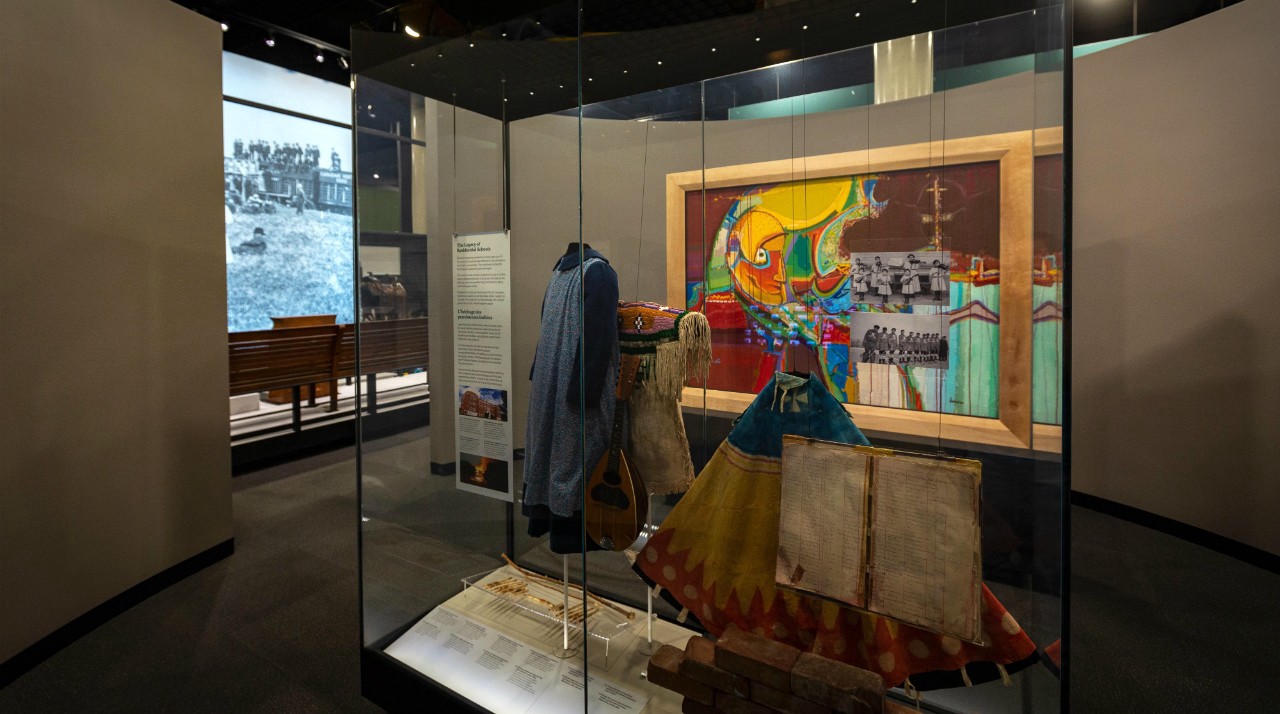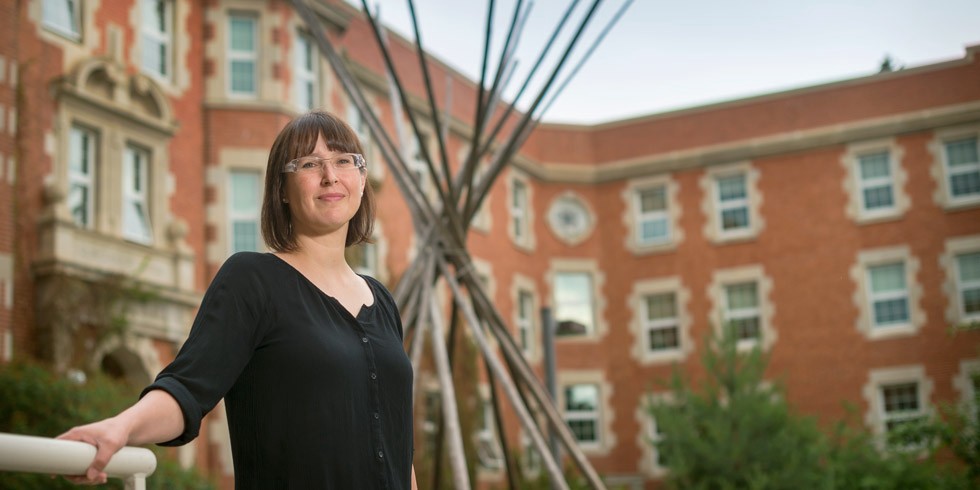
If you are one of the thousands of students around the world following along with celebrity Dan Levy as he explores the Indigenous Canada MOOC, you may have already had the opportunity to learn from Associate Professor Tanya Harnett. On September 20, she joined instructors Paul Gareau and Tracy Bear for a discussion about the history of residential schools and some of the intergenerational effects, in line with Module 5 “Killing the Indian in the Child” of the course. It was an especially timely discussion with Orange Shirt Day approaching on September 30 — an annual occasion where Canadians wear orange t-shirts to recognize and honour the children and families impacted by the residential school system.

Tanya is First Nations from the Carry-the-Kettle Nakoda First Nation — it’s a place she returns to often. Three generations of her family were forced to go to residential schools, and as an inter-generational person, Tanya continues to do work and research on residential schools. As a member of the Royal Alberta Museum advisory panel since 2001, Tanya had the opportunity to curate a residential schools exhibit at the new Royal Alberta Museum. “It was really hard — how do you even begin to talk about what damages happened to entire generations, and the nation as a whole? How do you even begin to encapsulate that into such a small place?” Tanya says of her experience. “I wanted to make sure everyone thought either ‘yes, my story is being told,’ or, ‘I didn’t know this story.’ I wanted former residential school students and First Nations people to feel safe in the space, and I wanted settlers to know that this was their place too. The space around the Alex Janvier painting is such an intimate place, everyone is reading and listening to Alex’s story — it doesn’t matter who they are.”

For Tanya, Orange Shirt Day is about recognizing that the intergenerational trauma caused by the residential school system is not over and about showing awareness for this part of Canadian history.
“I want everyone to know: thank you for wearing your orange t-shirt. Wearing an orange t-shirt means you’re thinking about the history of residential schools, you’re aware of it in your mind. Residential schools are not in the past, they are part of who we are and who we have been. Wearing an orange t-shirt reminds us that we can be better people. When we own up to our mistakes, we become better people and we can move forward responsibly. Wearing an orange t-shirt reminds us to look back on the past, question the present, and improve the future.”

For anyone — especially international students and newcomers — who might be unfamiliar with this part of Canadian history, Tanya says Orange Shirt Day is a platform to begin the conversation about residential schools and what it means to be Indigenous.
“I would like to see more people wearing orange t-shirts. I would like to see the role models in our academic community sport orange t-shirts to display that acknowledgement to students, peers, and leadership. As leaders, we can’t leave the most vulnerable behind. We have to have the strength to lift other people up. I challenge those who do wear an orange t-shirt on September 30 to tell others about the history. Say, ‘this is what I learned, and this is why I’m wearing an orange t-shirt.’ Thank you orange t-shirt-wearers for holding the torch of truth.”